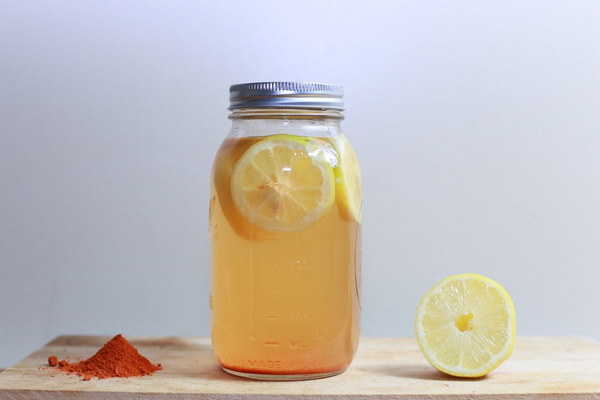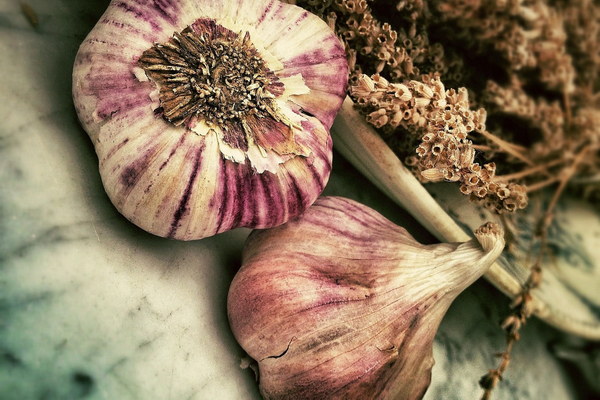Does Tangerine Peel Harm or Protect the Liver Unveiling the Truth
Introduction:
Tangerine peel, also known as mandarin orange peel, is a common ingredient used in traditional Chinese medicine and culinary dishes. While it offers numerous health benefits, there has been a debate regarding its impact on the liver. This article aims to explore whether tangerine peel is beneficial or harmful for the liver, providing insights into its effects and potential risks.

I. Understanding the Liver:
The liver is a vital organ responsible for detoxification, metabolism, and production of bile. It plays a crucial role in maintaining overall health and well-being. Hence, it is essential to understand the liver's functions to assess the impact of tangerine peel on it.
II. Tangerine Peel: Composition and Benefits:
Tangerine peel is rich in essential oils, vitamins, and minerals. The active compounds present in tangerine peel, such as limonene and naringin, offer various health benefits:
1. Antioxidant Properties: Tangerine peel possesses strong antioxidant properties, which help in neutralizing harmful free radicals and reducing oxidative stress on the liver.
2. Digestive Aid: It promotes digestion and improves the absorption of nutrients in the gut, leading to better liver function.
3. Detoxification: Tangerine peel aids in the elimination of toxins from the body, including the liver, thus supporting its detoxifying capabilities.
4. Cholesterol-Lowering Effects: The compounds in tangerine peel have been found to lower cholesterol levels, which can be beneficial for liver health.
III. Tangerine Peel and Liver Health: The Debate:
Despite the potential benefits, there has been a debate regarding the impact of tangerine peel on the liver. Here are some factors to consider:
1. High Citrus Oil Content: Tangerine peel contains a high concentration of citrus oil, which can be harsh on the liver in excessive amounts. It is essential to consume it in moderation.
2. Allergic Reactions: Some individuals may have an allergic reaction to tangerine peel, leading to liver inflammation or other adverse effects.
3. Drug Interactions: Tangerine peel can interact with certain medications, affecting liver function. It is crucial to consult a healthcare professional before combining it with any medication.
IV. Recommendations and Conclusion:
Considering the potential benefits and risks associated with tangerine peel, here are some recommendations:
1. Consume Tangerine Peel in Moderation: While tangerine peel offers several health benefits, it is best to consume it in moderation. Overconsumption can lead to adverse effects on the liver.
2. Consult a Healthcare Professional: If you have any pre-existing liver conditions or are taking medication, it is advisable to consult a healthcare professional before incorporating tangerine peel into your diet.
3. Use High-Quality Tangerine Peel: Ensure that you use high-quality, organic tangerine peel to minimize the risk of contamination and maximize the potential benefits.
In conclusion, tangerine peel has both potential benefits and risks for liver health. While it offers numerous advantages, such as antioxidant properties and digestive aid, it is essential to consume it in moderation and consult a healthcare professional if necessary. By following these recommendations, you can harness the benefits of tangerine peel while minimizing potential risks to your liver.









